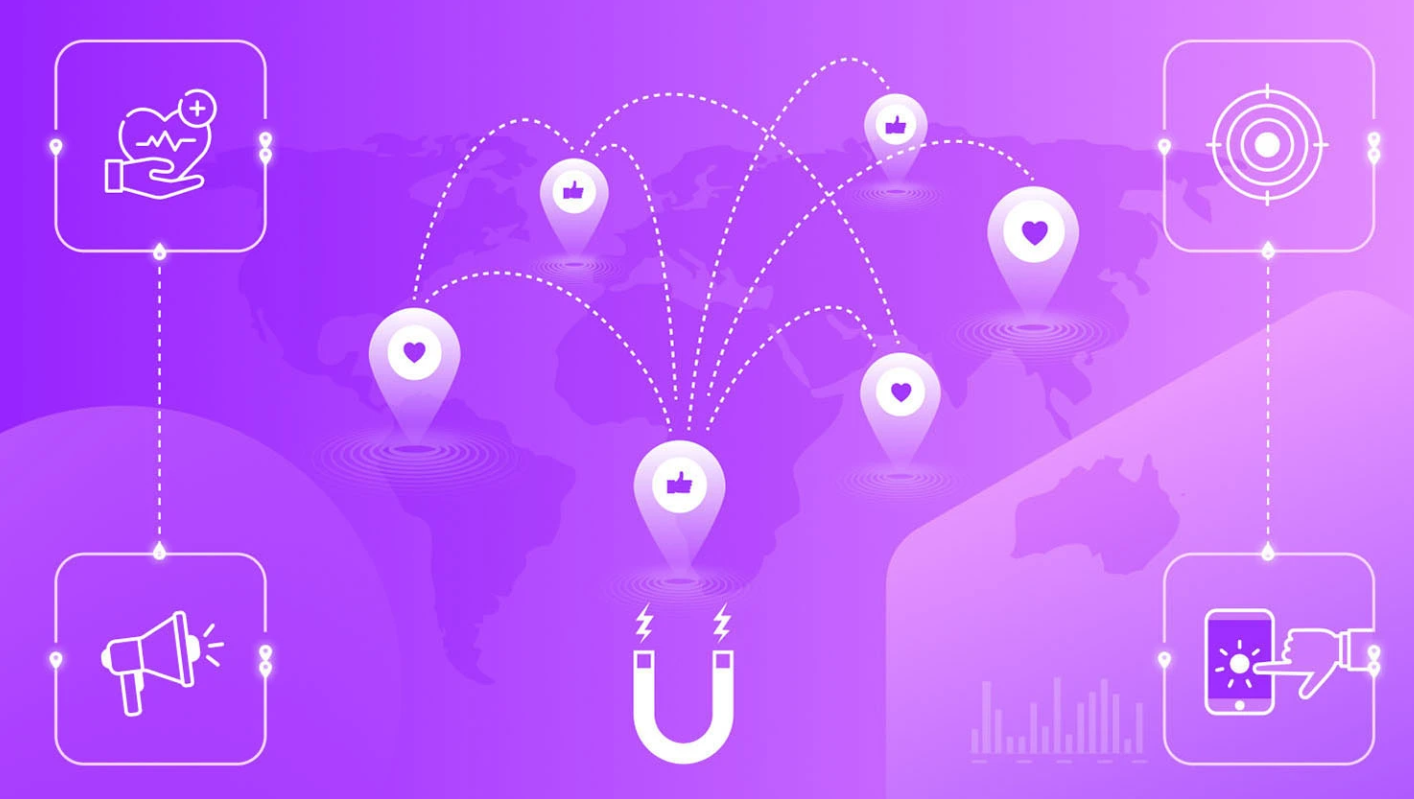In today’s fast-evolving healthcare landscape, Healthcare Professionals (HCPs) are under constant pressure to stay updated with the latest medical advancements, treatment protocols, and industry regulations. Traditional sales pitches and product brochures are no longer enough to earn their attention and trust. Instead, value-driven, educational content has become the key to meaningful engagement.
This is where content marketing plays a crucial role not just as a promotional tool but as a strategic way to educate HCPs, empower their decision-making, and build long-term relationships. Partnering with a healthcare marketing agency can make all the difference in delivering this type of targeted, high-quality content that resonates with medical audiences.
Why Educating HCPs Matters More Than Ever
Healthcare is an information-intensive field, and HCPs require credible, timely, and actionable knowledge to provide the best care to their patients. The sheer volume of new research, clinical guidelines, and technological innovations makes it challenging for them to keep up.
Educational content helps bridge this gap by:
-
Providing evidence-based resources for better clinical decisions.
-
Summarizing complex research into easy-to-consume formats.
-
Introducing innovative products or treatments with scientific backing.
-
Encouraging peer-to-peer knowledge sharing among the medical community.
When done correctly, content marketing positions your brand as a trusted knowledge partner, not just a product or service provider.
How Content Marketing Benefits HCP Education
1. Establishes Credibility and Trust
HCPs are highly selective about the information they consume. A brand that consistently provides well-researched, medically accurate, and unbiased content earns credibility in their eyes. This credibility eventually influences their professional choices, including product adoption and recommendations.
A specialized healthcare marketing agency understands the nuances of medical communication ensuring your content meets regulatory standards while still being engaging and relatable.
2. Supports Continuous Professional Development (CPD)
Many HCPs rely on online resources to fulfill their continuing education requirements. Content like webinars, white papers, and e-learning modules not only educates but can also help them earn CPD credits. By offering such resources, your brand plays a direct role in their professional growth.
3. Addresses Information Gaps
HCPs often face challenges in accessing specific, niche medical knowledge. Through strategic content marketing, you can fill these gaps whether it’s explaining new drug mechanisms, presenting real-world case studies, or sharing updated regulatory guidelines.
A healthcare PPC agency can amplify such content to ensure it reaches exactly the right audience segments, including those searching for very specific medical topics.
4. Encourages Two-Way Communication
Good content isn’t just about pushing information out it’s about starting a dialogue. Blogs, LinkedIn articles, and even interactive polls can encourage HCPs to share their experiences and insights, making your content a community-driven resource.
Types of Content That Educate HCPs Effectively
To educate HCPs successfully, your content must be precise, evidence-based, and easy to digest. Here are some formats that work best:
-
White Papers & Research Summaries – Condensed versions of peer-reviewed research with practical takeaways.
-
Clinical Case Studies – Real-world applications that highlight treatment effectiveness or challenges.
-
Infographics – Visual summaries of data, procedures, or medical statistics.
-
Webinars & Virtual Conferences – Interactive sessions with experts.
-
Email Newsletters – Regular updates on the latest industry developments.
-
Explainer Videos – Short, engaging videos breaking down complex concepts.
-
Guideline Updates – Summaries of changes in medical protocols or laws.
The Role of a Healthcare Marketing Agency
Many organizations have the expertise to create high-value medical content but lack the time, resources, or marketing know-how to deliver it effectively. That’s where a healthcare marketing agency steps in.
A specialized agency:
-
Conducts in-depth audience research to understand HCP needs.
-
Ensures regulatory compliance in all content.
-
Uses SEO strategies to improve discoverability of educational materials.
-
Integrates healthcare PPC campaigns to target precise audience segments.
-
Tracks engagement metrics to refine future content.
This combination of medical insight and marketing strategy ensures that your educational content reaches the right HCPs at the right time.
Integrating PPC to Maximize Educational Reach
While organic content marketing is essential, healthcare PPC campaigns help speed up and sharpen your reach. Paid ads can be used to:
-
Promote webinars to a specific specialty group.
-
Boost engagement for downloadable resources like eBooks.
-
Retarget HCPs who have already engaged with your content.
-
Direct traffic to dedicated landing pages with valuable educational tools.
The advantage of working with a healthcare PPC agency is that they understand how to navigate platform restrictions on medical advertising while optimizing your budget for maximum ROI.
Best Practices for HCP-Focused Content Marketing
-
Prioritize Accuracy Over Promotion
HCPs value integrity. Content that is purely sales-driven will be ignored. Instead, focus on delivering factual, data-backed insights. -
Segment Your Audience
Different specialties have different needs. Tailor your content to specific medical fields rather than taking a one-size-fits-all approach. -
Leverage Peer Influence
Featuring expert opinions, interviews, or research from respected HCPs adds authority to your content. -
Optimize for Multiple Channels
HCPs consume content on various platforms from medical journals to LinkedIn. Ensure your content is formatted and optimized for each. -
Track and Adapt
Use analytics to see which topics and formats drive the most engagement, then refine your strategy accordingly.
Conclusion
Content marketing is no longer just a branding tool in the healthcare sector, it’s a vital educational resource for HCPs. By combining high-quality, evidence-based information with strategic delivery through a healthcare marketing agency and targeted campaigns from a healthcare PPC agency, organizations can position themselves as trusted partners in professional development.
The result? Stronger relationships with HCPs, improved brand credibility, and a measurable impact on healthcare outcomes.















